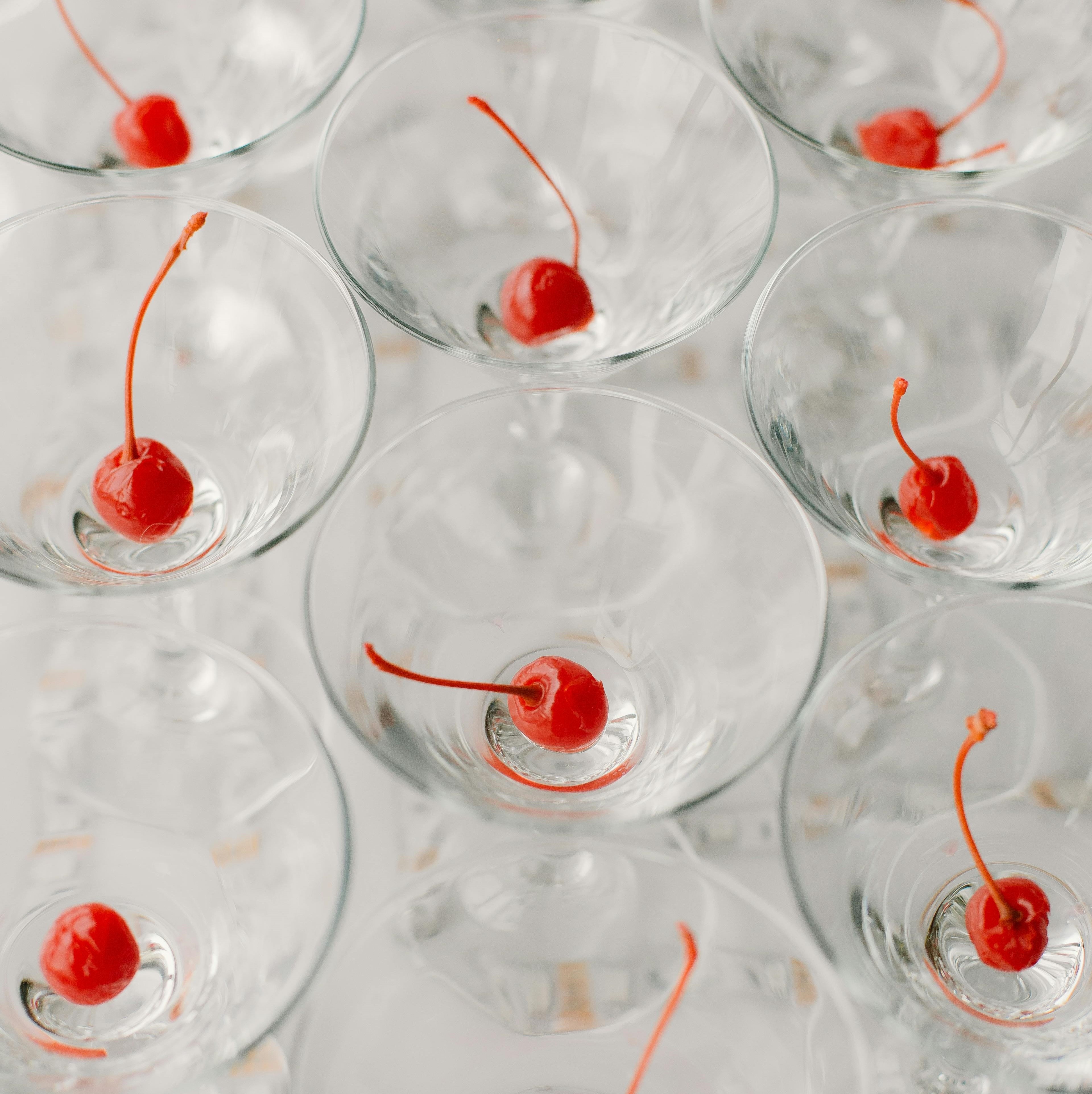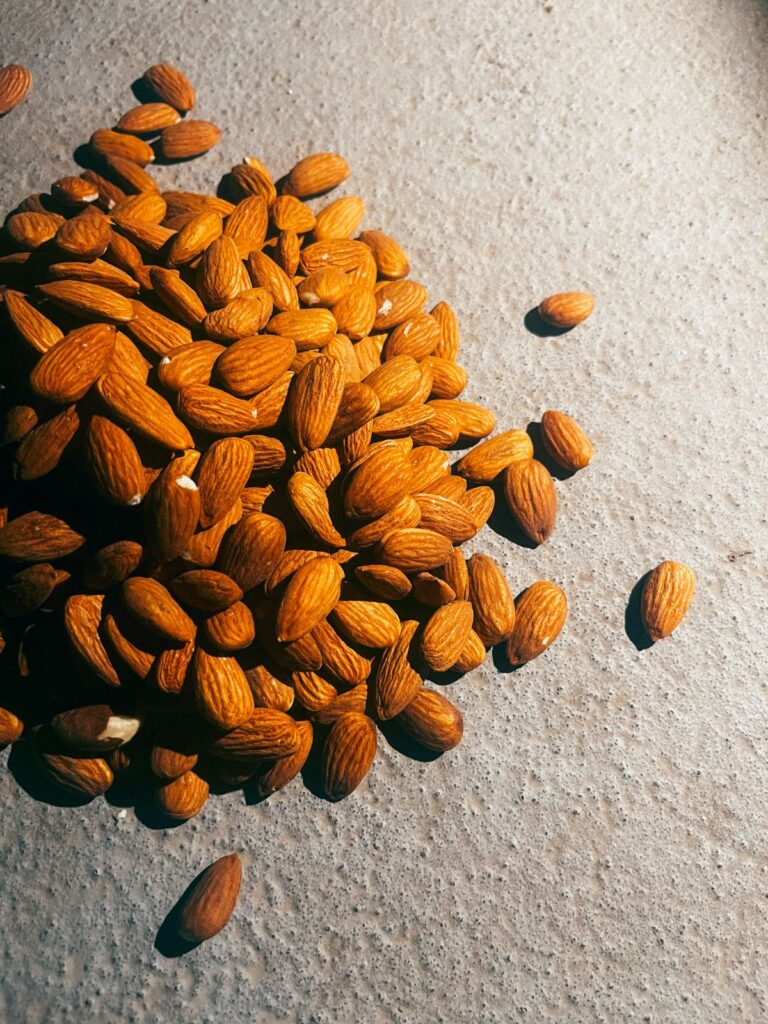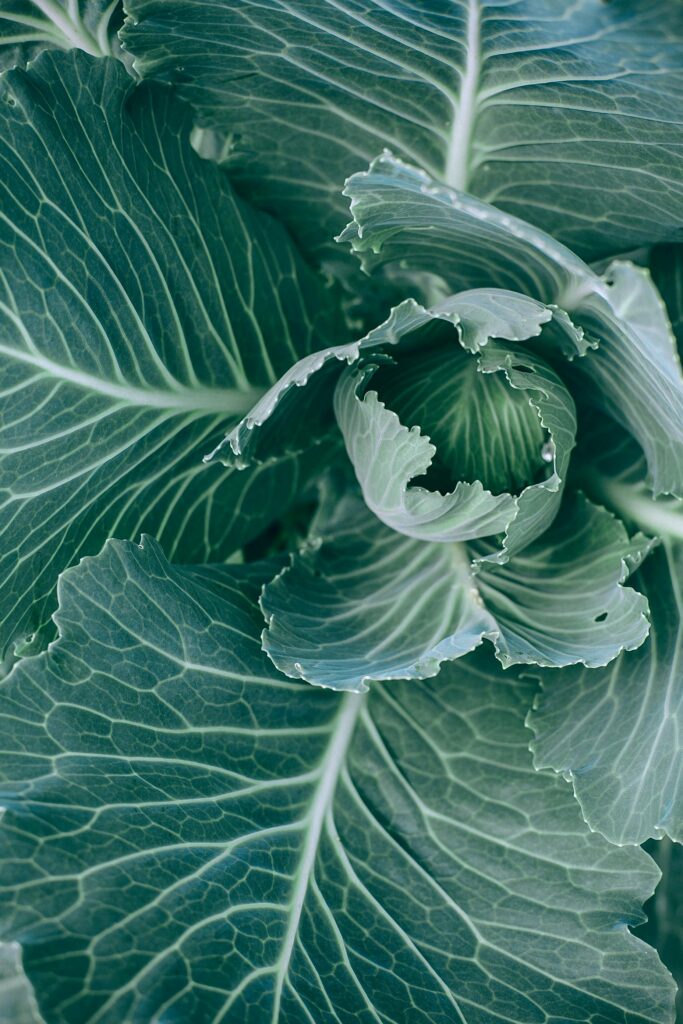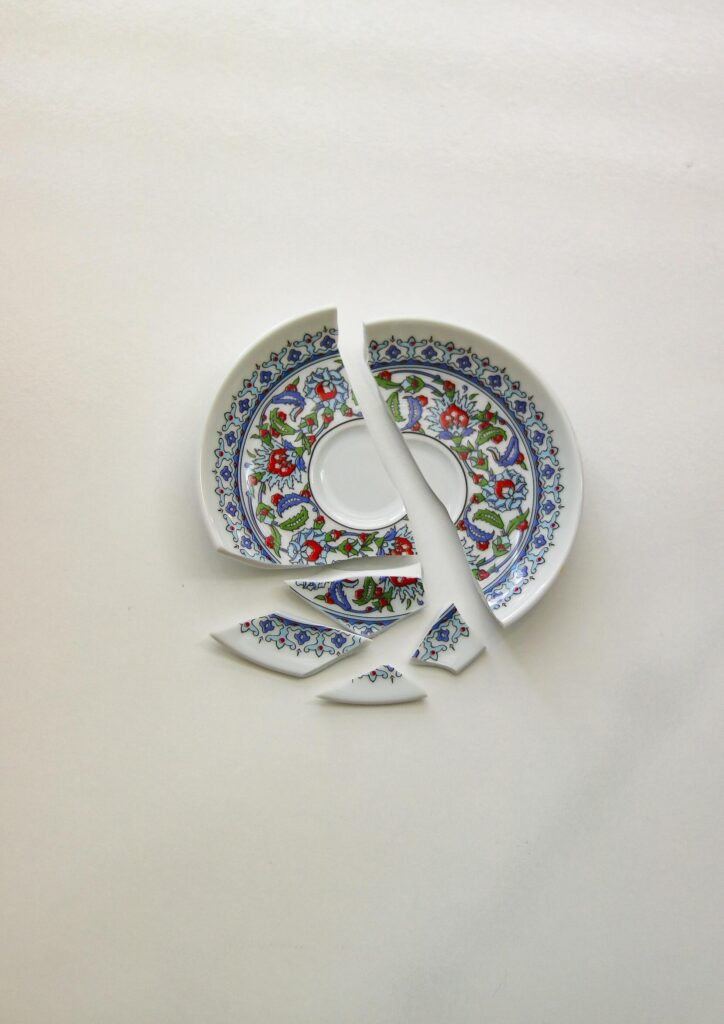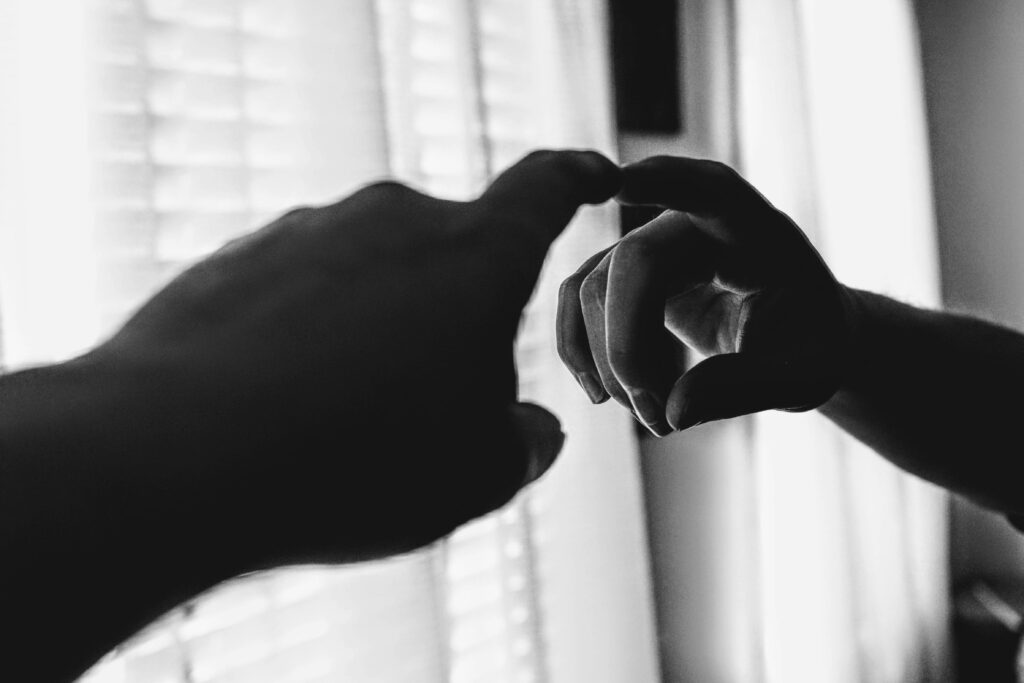One morning, when I was sitting on the bench in our hallway, not even wanting to tie my shoes, my husband said to me, “Why don’t you just quit?”
It was a hard thought to wrap my mind around. I’d been a journalist most of my life, the last twenty with the Associated Press. I considered myself lucky to work in such an honorable profession, collectively speaking truth to power, handling stories that felt so urgent you couldn’t bear to tear yourself away from the desk to pee. I had indelible memories of the night of Y2K, when everyone thought the world would blow up, and the day of 9/11, when it did.
Yet no job ever delivered quite the rush of pleasure, the deep sense of satisfaction, that moment of Zen, as that of being a waitress. Even today, on the cusp of turning 70, I’ll glance through the windows of a Dunkin, see all that hot pink and orange, and daydream about a gig behind the counter, surrounded by sugar, fat, and caffeine – everything a girl could ever want.
My first waitress job was in the summer of 1974, when I moved to New York City with my best friend in college. Eileen got me the gig, in fact — at a kosher dairy restaurant in the east 30s of Manhattan. The year before, I’d roomed with a girl from a large Irish Catholic family who lived just outside of Boston. Every summer, she worked in a restaurant on Cape Cod.
When she talked about “working down the Cape” — which she did a lot — it sounded so romantic, conjuring images of wind-swept dunes (wind-blown hair?), summer tans (summer love?), and salt-rimmed drinks (salt-caked skin?).
Esther’s, the kosher restaurant on the east side, was a far cry from that. It catered to the Orthodox Jews who worked in the rug district, closing after the lunch hour rush. I always sensed that the eponymous owner, who wore an ill-fitting brown wig and ugly, orthopedic shoes, liked Eileen more than me, even though I was Jewish and she wasn’t.
Perhaps I was worse — a secular Jew who grew up not knowing much more about Jewish dietary laws than that you couldn’t eat shellfish or pork products, or mix meat and milk. One of her best-selling items was the vegetarian chopped liver platter, which bore no resemblance at all to my mother’s chicken liver mousse with its vast amounts of cognac, butter, and cream.
Even so, every day I worked there had its moment of Zen: I’d mix myself an egg cream (or two) at the end of the shift. It felt so old school to drink this immigrant Jewish concoction, most notable for having neither eggs nor cream. I also remember loving the uniform — shiny pink polyester and an apron with big pockets, where you could put your tips and the pad you carried to take people’s orders.
It didn’t matter that the tips were meager. At the time, in our summer of disco, the O’Jays in the air, I felt rich if I had “lean, mean, mean green” in my pocket.
Ever the hustler, Eileen moved on to a busier coffee shop across town that was open until midnight. Eventually, I followed her, not just because she was my BFF and this was our great summer adventure, but because somewhere deep inside of me, like all the earnest, ambitious interns of today, I wanted the sensation of moving up, of moving on, of advancing in this profession that I decided I was uniquely cut out for.
The new place was somewhere on the west side below Midtown. It had a horseshoe-shaped counter and booths along two sides that looked out on a corner. The owner put a lot of faith in us. Every night, we closed up. I filched rolls of toilet paper. Once, I stole an industrial-size can of pea soup from the storeroom, even though it had a gloppy texture and ghoulish green color, and I threw most of it out after I got home.
At Esther’s, I’d been a tad shy because it was my first waitress job, and I was a little afraid of her. By the time I got to the coffee shop, I felt like a pro. I threw myself into the work, cajoled people into ordering more, encouraged them to splurge on dessert.
I still remember the big Bunn coffee maker, an automatic drip with warming burners on two levels. You changed the grounds in the baskets, then slid a glass carafe underneath, orange handle for decaf. Back then, I could drink strong coffee all day and still sleep like a baby. I thought decaffeinated was a sure sign of decrepitude.
Each shift brought a new reward: never having to drink a cup of coffee more than five minutes old; ending with a few scoops of vanilla ice cream and all the chocolate syrup and crushed strawberries my heart desired. This, too, made me feel powerful – I had access to resources unavailable to ordinary customers.
When I stood behind the counter, gazing out over the tables, my rubber-soled shoes planted firmly on the tile, trying to figure out who might need a refill, who might want their check, I felt invincible. I was godlike.
In 2013, Columbia professor Mark Lilla wrote an essay about Claude Lanzmann’s documentary The Last of the Unjust. The new film by the Shoah director was about Benjamin Murmelstein, a Viennese Jew who cooperated with the Nazis in the concentration camp Theresienstadt.
At one point, Lilla writes, “[Murmelstein] established a seventy-hour work week to help the camp commander reach his production quotas, despite the fact that the population was slowly starving. (It did not help that he was a naturally fat man who also controlled the food supplies.)”
I wrote to Lilla, objecting to his use of the phrase “naturally fat” to describe Murmelstein: “It sounds to me as though he worked to put himself in positions where he could help himself to more than his fair share.”
What was my problem, writing such a letter to a perfect stranger? Did I think there was no such thing as being “naturally fat”? Was I being overly sensitive because I’d struggled with my weight all my life? Or worse, did I identify with Murmelstein because I’d had the same instincts myself? Did I want to be a waitress to control the food supplies?
For as long as I can remember, I’ve had disordered eating. I always want too much, and when I start, I can’t stop. For me, the act of eating is utterly disconnected from the primordial instinct to stay alive. Rather, it’s a form of comfort, solace, entertainment, excitement. It’s sex, drugs, and rock and roll, all at the same time.
Why, you might ask, would a person with an eating disorder want to work in a restaurant, where there’s a never-ending supply of food? Where you can pick the biggest chunks of Roquefort out of the vat of salad dressing and put it on your own salad when your shift is done?
Perhaps the better question is, why not? I remember cutting larger-than-normal slices of cake and pie for people I took a liking to, based on the most superficial factors, thinking, perhaps, that they might like me in return. So weird, in hindsight. So embarrassing that I abused my powers. I didn’t just do my job. I bestowed favors.
After that summer in New York, I went back to college but lived in an apartment off campus. My parents were paying my tuition at one of the most elite schools in the country, but I pretended they weren’t and got a job at the Florence Diner, two miles from campus. In retrospect, it was insane; at the time, it felt necessary, Marxism in action.
The diner, built in 1941, was a classic. It looked like a railroad car, with a barrel ceiling, long counter, big windows, and red leather booths, each with a teeny jukebox. Because of its pedigree, its history, its Streamline Moderne design, I considered myself lucky to work there.
Out back, there was a restaurant where local families would go out to eat on special occasions. It had a well-stocked bar, white tablecloths, subdued lighting, and shabby carpet – nothing like the staid, Early American tavern in Northampton where parents of Smith College students, mine included, took their children.
Everyone ordered the baked stuffed shrimp or prime rib, served with a foil-wrapped potato and tossed salad. The potatoes sat in a warming oven all night, turning the jackets glossy brown and the insides a lurid shade of yellow. It didn’t matter since most people doused theirs with sour cream.
In the dining room, an older waitress reigned supreme. She looked like my grandma, with her rumpled face and ski-jump nose. Her gray hair was swept up in a stylish French twist that would trail a few strands by the end of the evening. She wore a black uniform and black apron with white ruffles that lent her an air of old-world elegance and set her apart from the rest of us, who wore white.
I knew she had her doubts about me, the rich girl, the Smithie. In the end, I proved I could balance heavy silver trays, never stop moving, keep all the orders straight, just as well as the others.
When the shift was over, she’d sit on a bar stool, sip a Manhattan with extra maraschino cherries, light up a cigarette, inhale deeply, count her tips. It was clearly her moment of Zen.
The only other waitress I remember was plump and always on a diet. When I started, it was Dr. Atkins, high protein and fat, no carbs. She started off her shift eating slices of turkey and processed cheese, rolled into cylinders.
In Alice Doesn’t Live Here Anymore, the titular diner waitress falls for an unbelievably charismatic rancher in sexy blue jeans and open denim shirt.
In my case, it was one of the line cooks, who was obsessed with his vintage Triumph. I didn’t give a damn about the bike, but I thought he looked cute in his black-and-white checked cook’s pants, and I endowed him with a tragic sensibility that I’m not sure he had, John Keats on the grill.
One night, he gave me a ride home. We wore helmets and stayed just under the speed limit. I don’t know if he saw himself as the guy from Springsteen’s iconic anthem of youth, but I do know how much I wanted to be Wendy, the girl in the song. Even her name seemed so much cooler and fun-loving than mine, given to me in memory of a great aunt killed in the Holocaust.
Eventually, he dropped me off in front of my house, and that was it. No everlasting kiss on a highway jammed with broken heroes. Not even a goodnight peck on the cheek. Being the English major that I was, I went upstairs to try, once again, to tackle Beowulf in Old English, full of the yearning and sadness in the Boss’s voice when he sings the line, “Tramps like us, baby, we were born to run.”
Last November, I read an article in The New York Times about the low unemployment rate (1.9%) in Vermont. According to the paper, the labor shortage was so bad that seniors were coming out of retirement to work seasonal jobs.
The picture at the top of the page overwhelmed me. It showed an elegant older man in a hairnet and plastic gloves, stacking trays of candy on a rolling cart. When I saw his beautiful worn face, his rapt look of attention, I wanted to drop everything and work at the plant, too.
If I couldn’t get hired there, then I’d try Cabot Creamery, an hour to the east, which was so desperate for employees it was bringing them in from out of state. The paper ran a picture of a worker there loading orange-and-white slabs of marbled cheddar into a bright blue bin.
When I was younger, I did a brief stint in a plastics factory and considered it tedious, even dehumanizing work. But those pictures conveyed something else entirely — a sense of sanctuary and safety, a place to go where you’re needed, where you’re important, where you belong.
I felt the same about waitressing — loved the camaraderie, the inside lingo like 8-top and 86 and the two-second rule, and also the exhilaration of the body bending and lifting, wiping and sweeping, moving effortlessly, tirelessly through those clean, well-lit spaces.
The story I read that morning in the paper also made me feel that Vermont, a small, landlocked state with a tiny population, might be a safe place to retreat from the rising floodwaters and forest fires, a planet on the brink.
I imagined living in a cozy cottage with a fireplace, lots of quilts, a cupboard filled with maple syrup, and homemade mittens like the ones that Bernie Sanders wore to President Biden’s inauguration. Somehow, in this breakfast table whimsy, I even imagined that getting old in Vermont, where more than a fifth of the population was 65 or up, might not be as cruel.
But there was a problem with this scenario – I didn’t really want to do it. It was a fantasy. I hate the cold. I don’t want to ever have to drive to a supermarket to get food. And I love living in a New York City co-op with a capable, efficient staff that takes care of everything that could possibly go wrong in a 1937 apartment building, including leaky faucets, clogged toilets, icy sidewalks, and mice.
Still, I couldn’t stop thinking about that man’s earnest face. He looked so low-key, working in a chocolate factory on the banks of Lake Champlain; so self-sufficient, controlling the Christmas candy supplies; so happy, living in Vermont.
When my husband and I visit his sister, we stay at a hotel on a busy avenue lined with bars, repair shops, and student apartments. Every morning, I get up at five while he’s still asleep and slip out of the room to forage for sustenance. Down the elevator and through the empty lobby, where even the night clerk has disappeared. I flash a card and the glass doors slide open. Glance left and right, by New York instinct and habit. No one’s around; not even a car’s cruising by.
I cross the hotel driveway, which borders a little strip mall, still wearing the old sweats and faded tee that I slept in. Through the soles of my shoes, I can feel the asphalt pebbles of the parking lot as I make my way to my destination — a small glass cube glowing pink and orange in the dark like a spaceship from another planet.
Even from a hundred feet, I can make out the bright geometry of forms. Towering urns of coffee like fortifications on a castle. Spheres of dough suspended along the wall — glazed and powdered, coconut and Boston cream, French crullers and apple fritters. A vision of sprinkles and frosting as colorful as butterfly wings.
Two women stand sentinel behind the counter, doing the waitress chores I used to do, making coffee, wiping spills, serving people at the most vulnerable times of their lives, early morning, late at night. I remember how good it used to feel, how much I liked to be busy, to keep moving, to not think my usual dismal thoughts.
I order an extra-large coffee with milk and sugar. One of them rings me up. I tap a screen, then she pours out the steaming dark liquid into a white paper cup with orange letters and a pink apostrophe down the side. I walk over to the counter along a bank of windows and see a dark green truck pull up in the lot.
Outside, everything is still dark. Inside, everything is clean, light, and warm. A man walks in, orders a breakfast sandwich and coffee. No one else says a word. No one has to.
Ann Levin is a writer, book reviewer, and former editor at The Associated Press. Her creative nonfiction has been published in Sensitive Skin, Southeast Review, Hunger Mountain, Mr. Beller’s Neighborhood, and many other literary magazines. She has also performed onstage with the New York-based writers group Writers Read. You can find her at annlevinwriter.com and follow her on Instagram and X @annlevinnyc.



